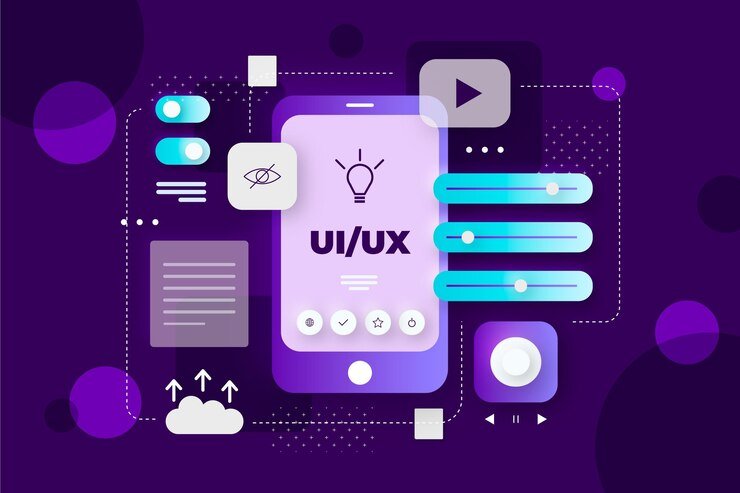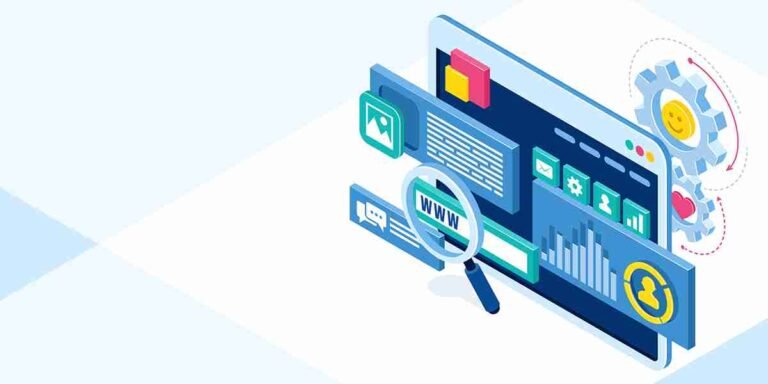Top Frameworks for Hybrid Mobile App Development in 2024

Hybrid mobile app development continues to be a go-to solution for businesses seeking cost-effective, cross-platform applications. In 2024, several powerful frameworks are leading the charge in hybrid app development, making it easier than ever to create apps that work seamlessly on both Android and iOS. At Mountain Techno System, we harness these top frameworks to provide businesses with high-performance, scalable, and versatile hybrid apps. In this guide, we’ll explore the best frameworks for hybrid mobile app development and why they are ideal for businesses in 2024.
As businesses grow increasingly reliant on mobile applications, hybrid app development has emerged as a key solution for building apps that work on multiple platforms using a single codebase. Hybrid frameworks are constantly evolving, providing more robust features, faster performance, and better user experiences. By choosing the right framework, businesses can reduce development costs, speed up time-to-market, and deliver high-quality apps that rival native apps in both functionality and performance. Here are the top hybrid mobile app development frameworks for 2024 and why they matter for your business.
1. React Native
React Native, backed by Facebook, continues to be a dominant player in the hybrid app development space. It allows developers to write apps in JavaScript and render them as native components, ensuring a near-native user experience. With a large developer community and extensive library support, React Native is ideal for building complex apps quickly and efficiently.
Key Benefits of React Native:
- Cross-platform development with native-like performance.
- Large ecosystem and library support.
- Efficient and fast development using JavaScript.
- Ideal for complex and highly interactive apps.
2. Flutter
Flutter, developed by Google, has gained immense popularity for hybrid app development. Using the Dart programming language, Flutter provides an easy-to-use framework for building high-performance apps with a beautiful and consistent UI across platforms. The framework’s ability to render the same UI on both Android and iOS makes it a top choice for businesses that value design and performance.
Key Benefits of Flutter:
- Single codebase for Android, iOS, and web apps.
- High-performance, native-like applications.
- Easy customization with rich UI components.
- Strong support from Google and active community.
3. Ionic
Ionic is another powerful open-source framework that allows developers to build hybrid apps using web technologies such as HTML, CSS, and JavaScript. It integrates seamlessly with Angular, making it a great choice for building scalable apps with a focus on user interface and experience. Ionic also provides a rich library of components and plugins, enabling rapid app development.
Key Benefits of Ionic:
- Write once, run anywhere (cross-platform development).
- Strong integration with Angular and React.
- Pre-built UI components and plugins for faster development.
- Great for building PWA (Progressive Web Apps) along with mobile apps.
4. Xamarin
Xamarin, owned by Microsoft, offers a robust platform for building hybrid apps using the C# programming language. It provides excellent integration with the .NET ecosystem, making it a go-to choice for businesses already invested in Microsoft technologies. Xamarin delivers native-like performance and provides access to a wide array of APIs, allowing developers to build feature-rich apps.
Key Benefits of Xamarin:
- Strong integration with Microsoft tools and services.
- Native performance and access to platform-specific APIs.
- Extensive code sharing across multiple platforms.
- Ideal for enterprise-level app development.
5. PhoneGap (Apache Cordova)
PhoneGap, also known as Apache Cordova, is a popular framework for hybrid app development that allows developers to use web technologies (HTML, CSS, and JavaScript) to build mobile apps. It’s a great choice for simple apps that don’t require heavy animations or complex user interfaces. With a large plugin library, PhoneGap allows developers to extend app functionality easily.
Key Benefits of PhoneGap:
- Leverages web technologies for fast development.
- Wide range of plugins for enhanced functionality.
- Ideal for simpler apps and web-based mobile applications.
- Good for businesses looking for rapid app deployment.
6. Framework7
Framework7 is known for building native-like apps for both Android and iOS with a focus on web development technologies. It’s a perfect fit for developers already familiar with web frameworks like Vue.js or React, providing them the ability to create hybrid apps with minimal learning curve. Framework7 also offers a wide range of UI elements that mimic the look and feel of native apps.
Key Benefits of Framework7:
- Focus on native-like UI components.
- Supports both Vue.js and React, making it flexible.
- Provides pre-built elements to speed up development.
- Best suited for apps with visually appealing interfaces.
Why Hybrid App Development Matters in 2024
As mobile app demand continues to grow, businesses need to adapt by developing apps that cater to both Android and iOS users. Hybrid app development offers a way to achieve this without doubling the effort, cost, and time. These top frameworks make it possible to create robust, scalable, and user-friendly apps that reach a wider audience at a fraction of the cost of native apps.
Key Benefits of Hybrid App Development:
- Cross-Platform Support: Hybrid apps allow businesses to reach users on multiple platforms with a single codebase, reducing development time and costs.
- Cost-Effective: With hybrid apps, businesses can save on resources as they don’t need to maintain separate teams for Android and iOS development.
- Faster Time to Market: Hybrid apps are quicker to develop and deploy, allowing businesses to capitalize on market opportunities faster.
- Scalability: Modern hybrid frameworks are scalable, enabling apps to grow alongside the business.
- Improved User Experience: With frameworks like React Native and Flutter, businesses can now deliver high-quality, native-like experiences across platforms.
In 2024, hybrid mobile app development will continue to dominate the mobile app landscape due to its cost efficiency, scalability, and performance capabilities. At Mountain Techno System, we leverage top frameworks like React Native, Flutter, and Ionic to build hybrid apps that meet the unique needs of modern businesses. Whether you’re a startup or an established enterprise, hybrid mobile apps offer the flexibility and performance needed to succeed in today’s digital world.














